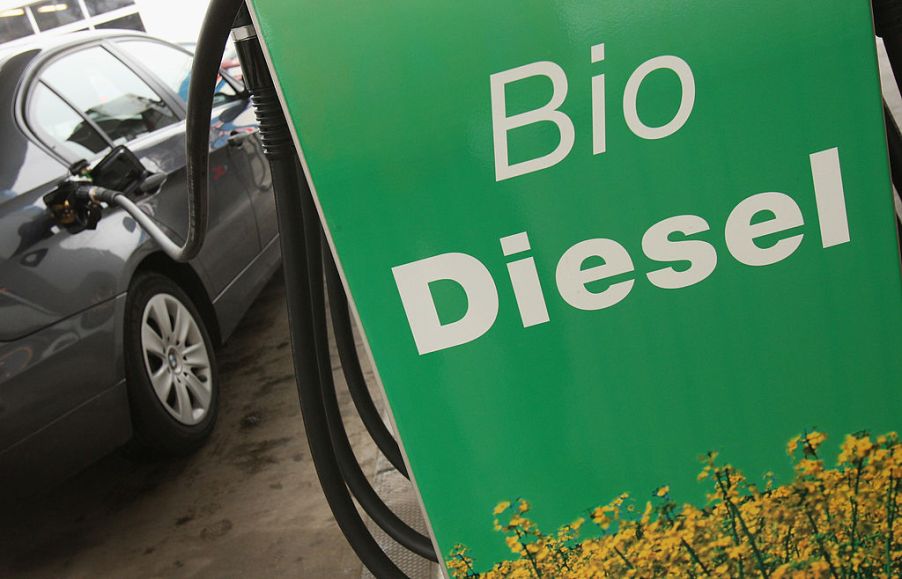
What Is Biodiesel?
As most people know, not all vehicles run on gasoline. Some of the vehicles on the road today are fueled by diesel. In addition to some cars, a lot of the large commercial trucks that you see on the road today are powered by diesel fuel.
This is due to the fact that a lot of the larger commercial trucks have to travel long distanced and haul heavy loads. A diesel engine is capable of providing more power and more torque, which makes the trucking industry more efficient.
While diesel engines are the more practical solution for a lot of vehicles, they can also emit harmful pollutants that can be even more detrimental to the planet than regular gasoline.
Fortunately, there are a few different ways to combat this problem. One of the solutions is to fuel these vehicles with biodiesel. While we have been hearing about biodiesel for a while now, there are many people who are still confused about what it is and how it can be used to help vehicles run cleaner and more efficiently. Here are a few different reasons why biodiesel should be the preferred choice for most motorists.
What makes a diesel engine different from a gas-powered engine?
Both gas and diesel engines work in the same way. They convert the fuel into energy by igniting the fuel which creates small explosions. A gas-powered engine uses spark plugs to make these explosions. A diesel engine, however, does not use spark plugs at all.
Instead, it takes some of the air from the engine and compresses it to make it hot. Once the air is hot, the fuel injector then delivers the fuel to the hot air which produces a small explosion.
Because the diesel engine does not require a spark plug to create combustion, there is a wider range of fuels that can power the engine. This means that fuel manufacturers have far more options when it comes to finding an alternative fuel source. The only real stipulation is that they have to find a fuel that is able to combust without the need for a spark plug.
What is Biodiesel?
Biodiesel is an alternative fuel source that is made from various types of fatty resources. In order to make this specific type of fuel, manufacturers take substances, such as animal fat or recycled cooking oil and put it through a process called transesterification.
During this process, the methyl esters are extracted from the products and used as a more clean-burning fuel source for diesel engines.
How is biodiesel better than regular diesel?
Diesel fuel is made from crude oil and emits several different harmful pollutants and particles when it is burned. Over time, the emissions from this fuel can cause irreversible damage to the Earth’s ozone. It can also be harmful to the human body and may cause respiratory problems if too much of it is inhaled.
Because biodiesel comes from the fatty oils that are produced by vegetables and animals, there are not nearly as many harmful pollutants that are being put into the air as it is being burned.
In fact, biodiesel produces 47% less harmful particulate matter than regular diesel fuel. This means that biodiesel burns much cleaner than regular diesel which makes the air safer to breathe.
According to the Department of Energy, certain variations of biodiesel have the ability to reduce engine carbon dioxide emissions by up to 74%.
In addition to being better for the environment, biofuel is also better for diesel engines too. Over time, all engines will start to wear out as certain parts and components become too overworked. This is one of the reasons why motor oil is so important for car engines. The oil helps to keep various parts of the engine well lubricated.
Because biofuel is made from fat, it has been known to give diesel engines an extra layer of lubricant, which can help ensure that the engine is able to stay in top condition for a little longer.


